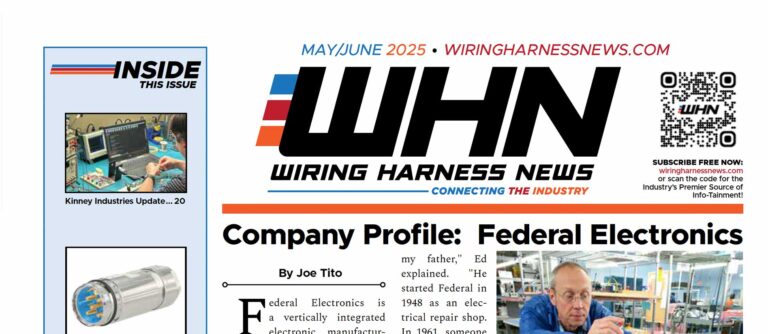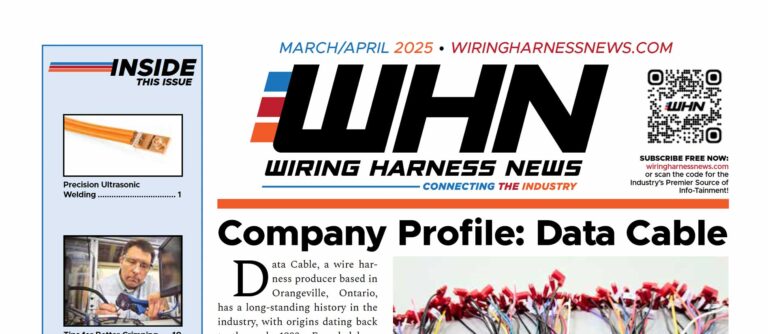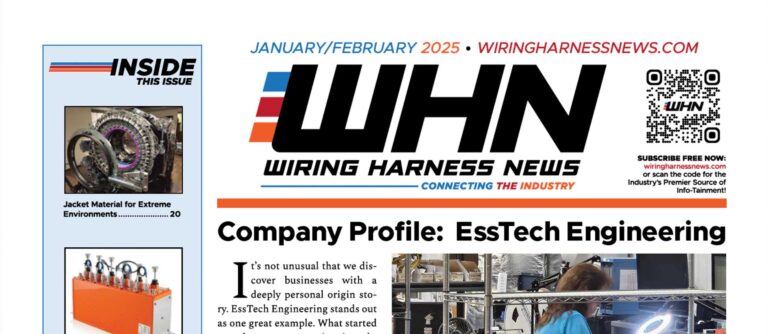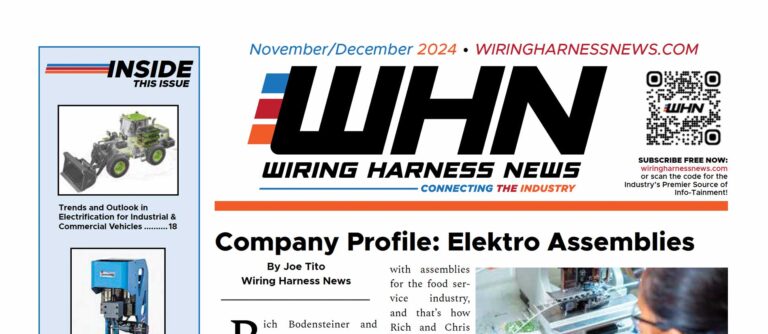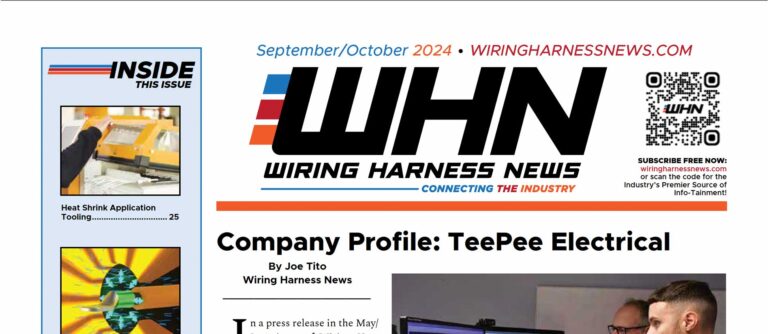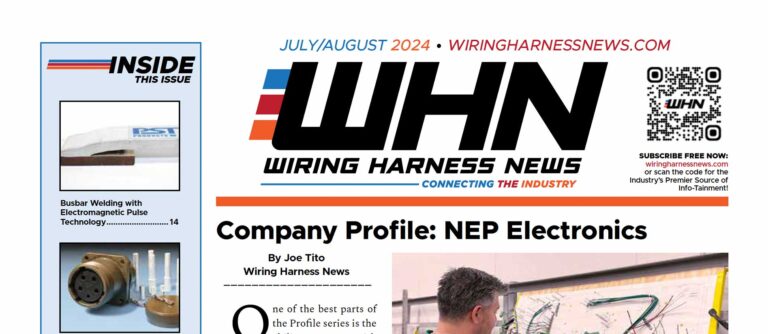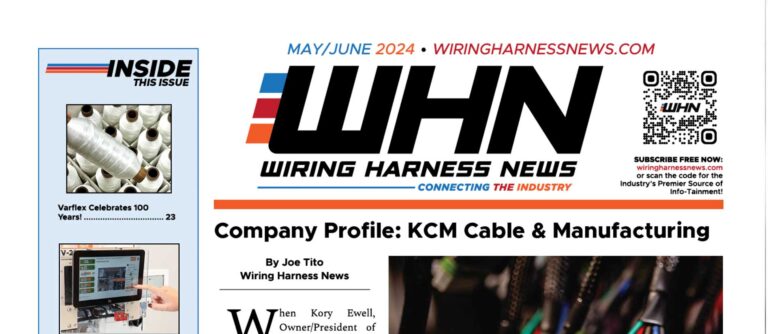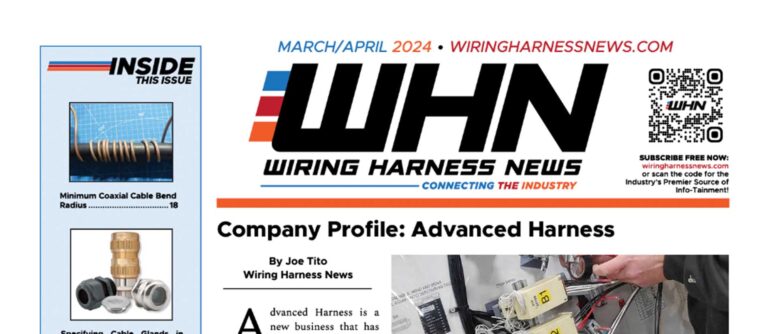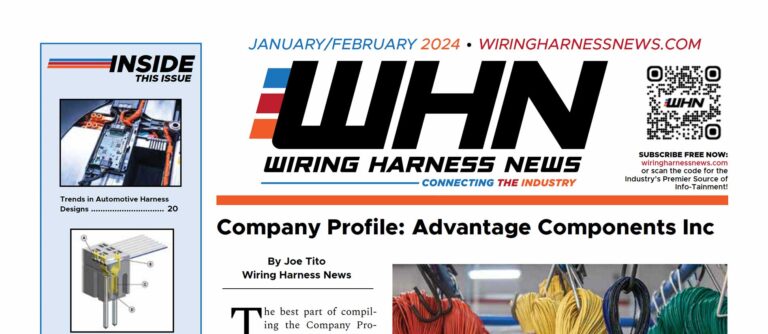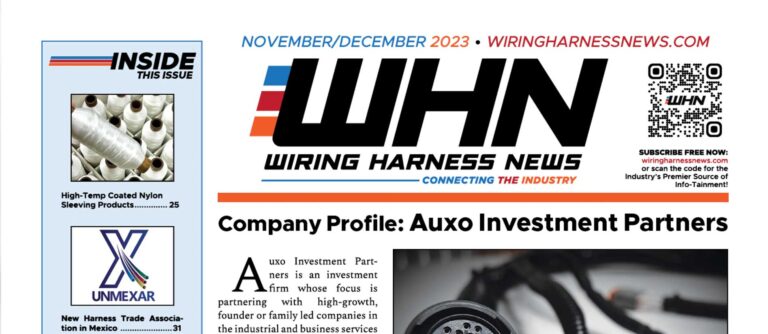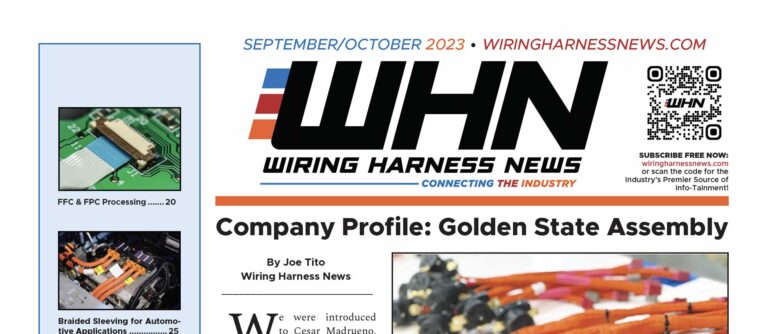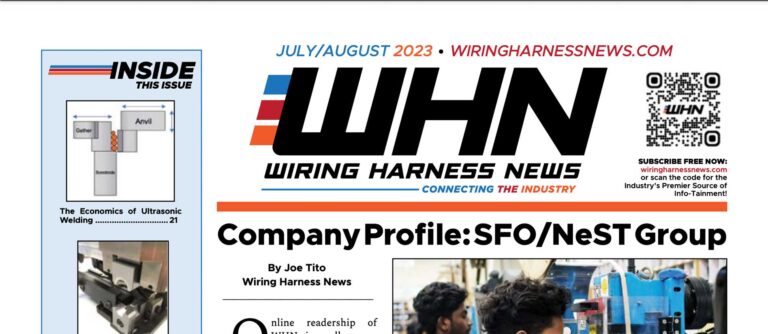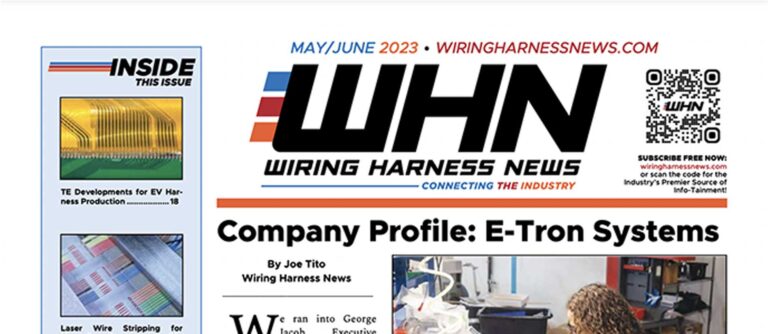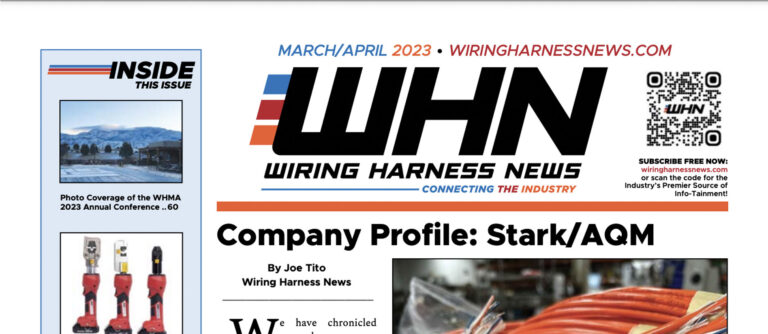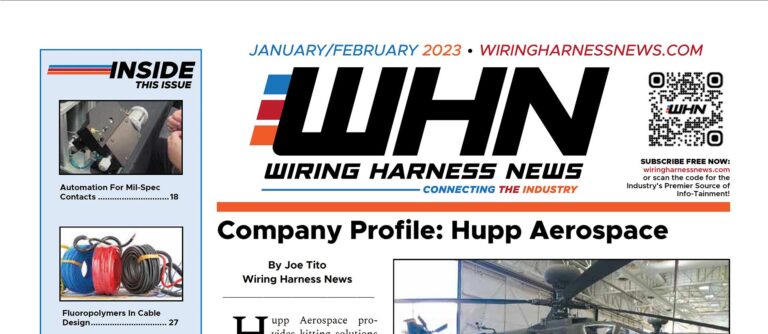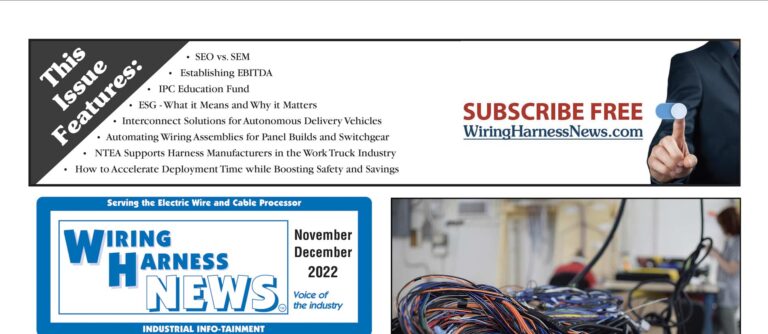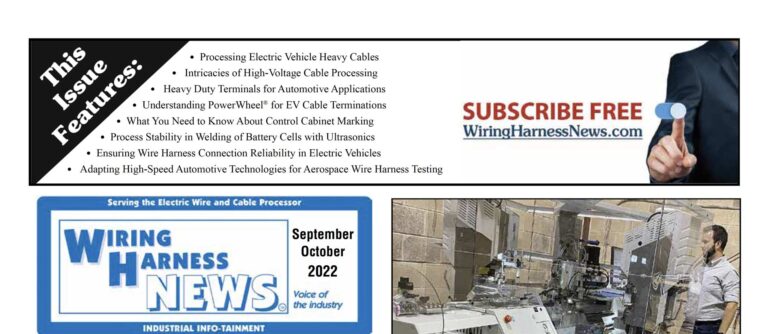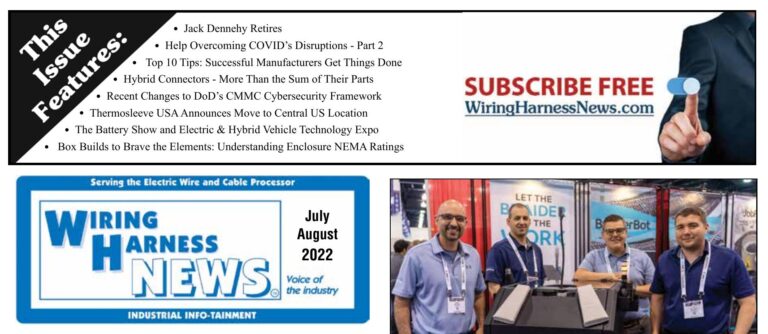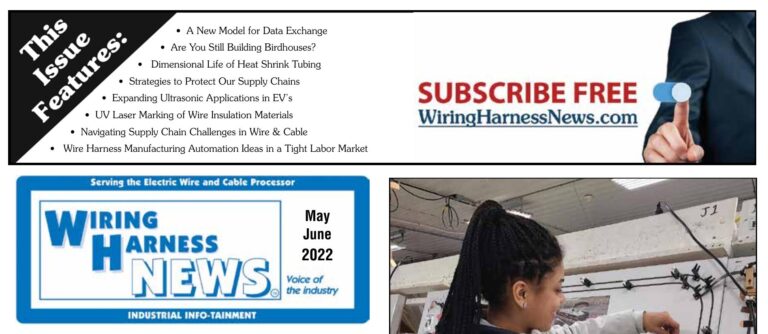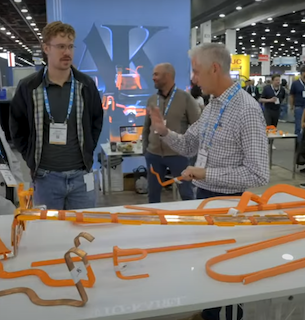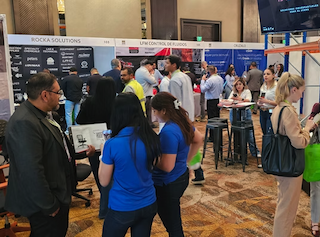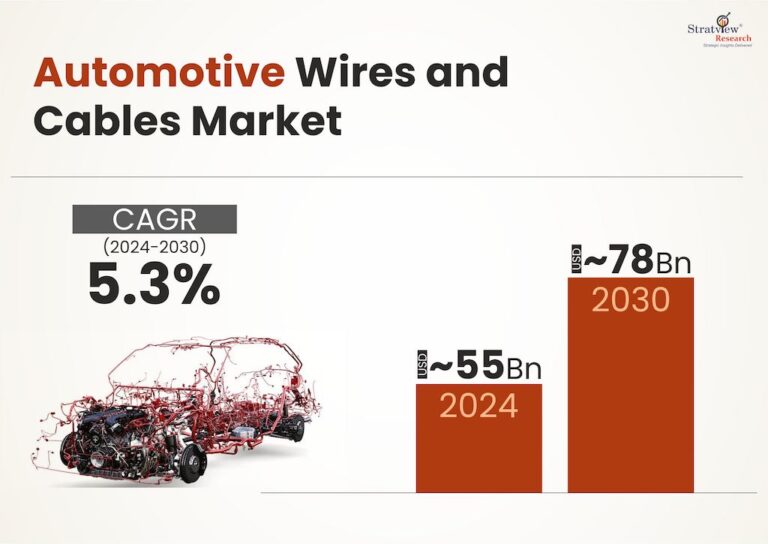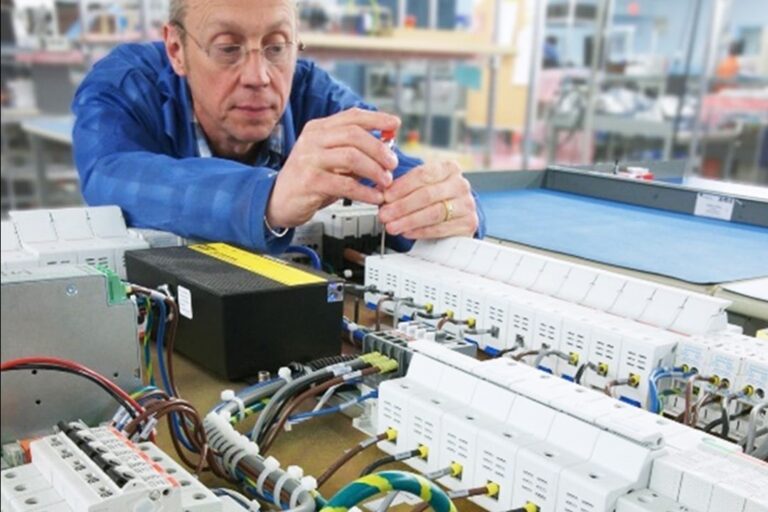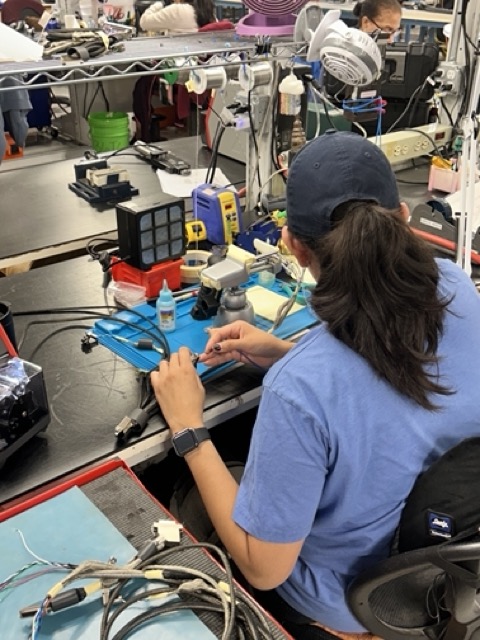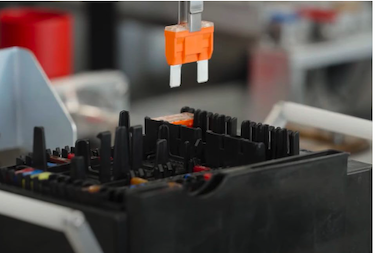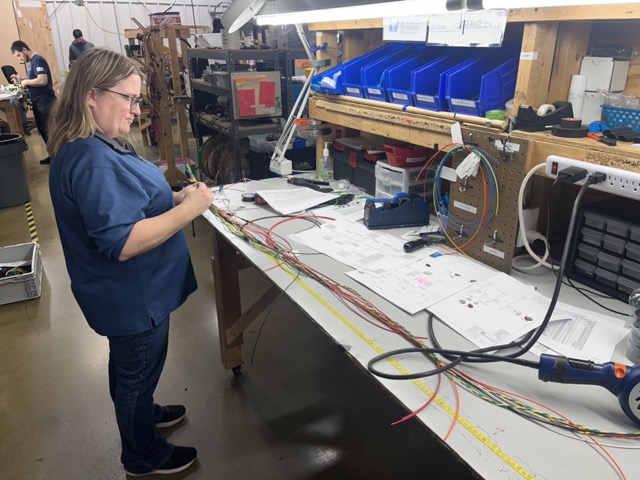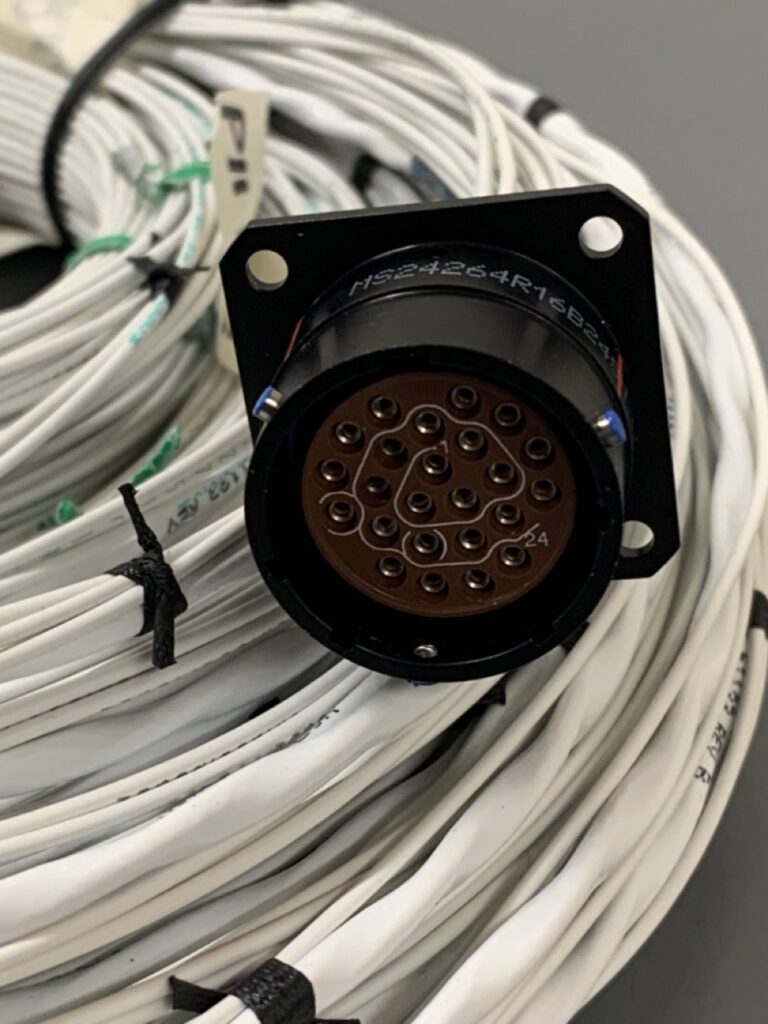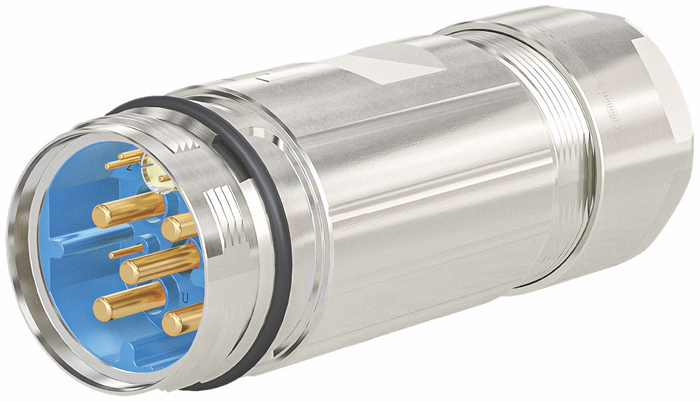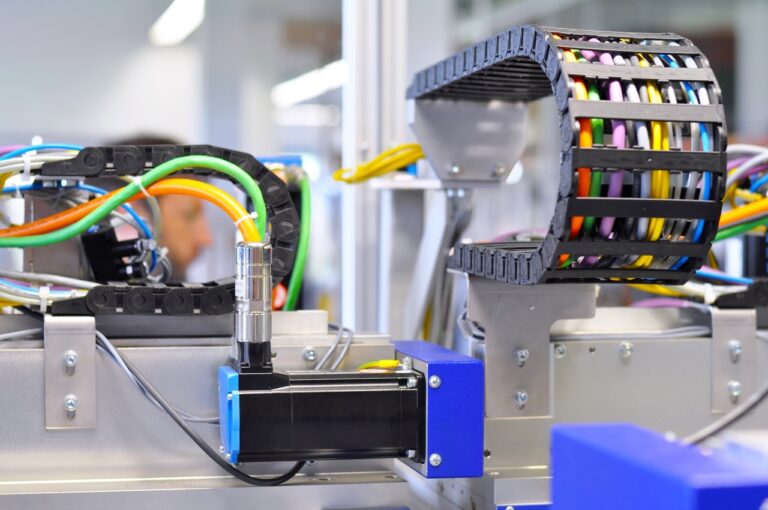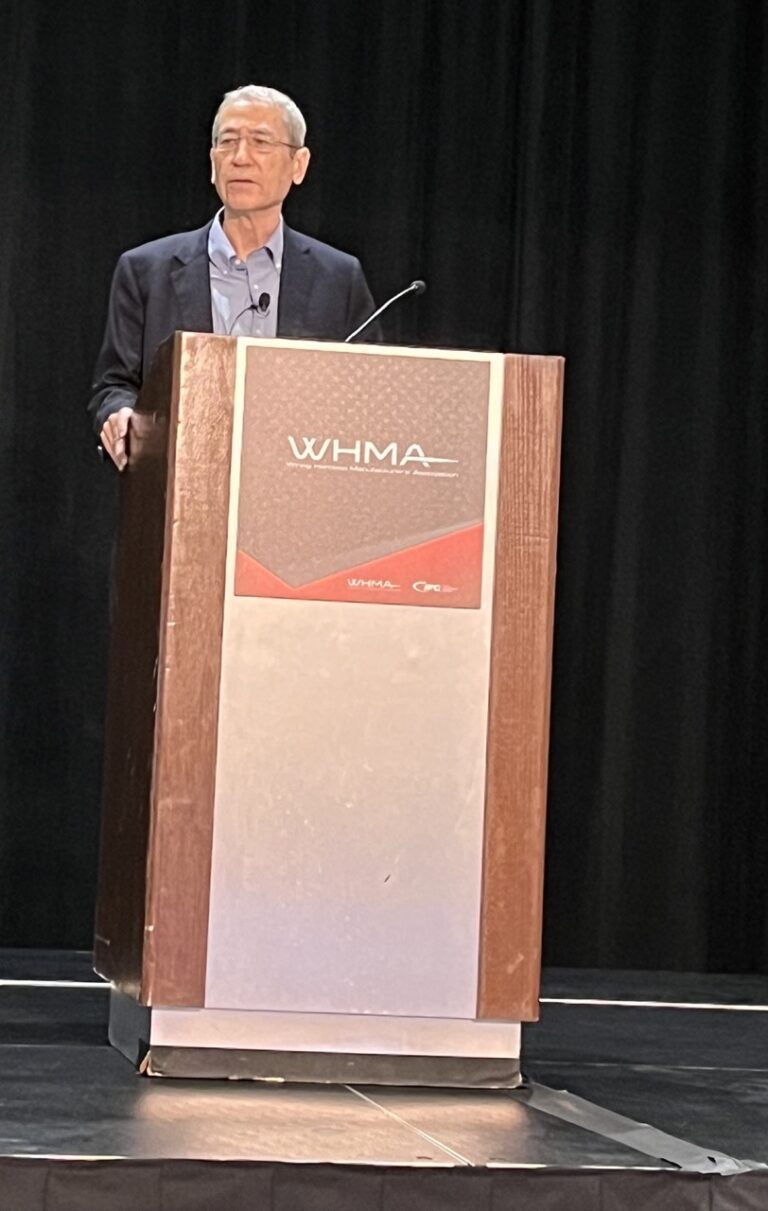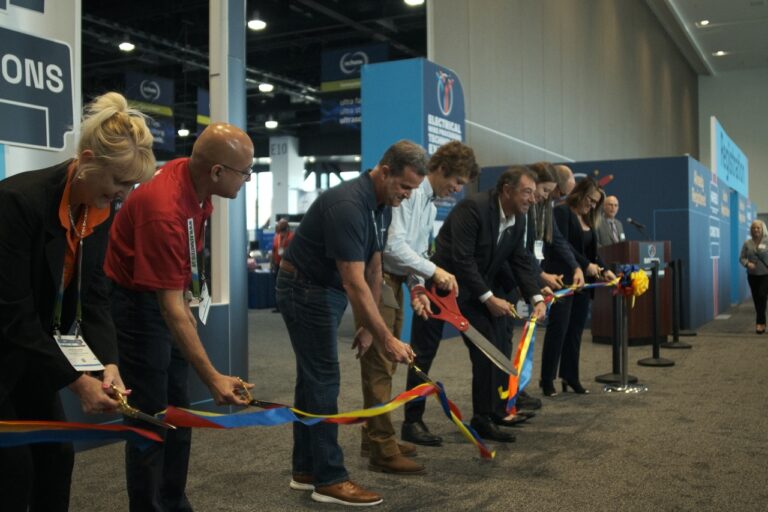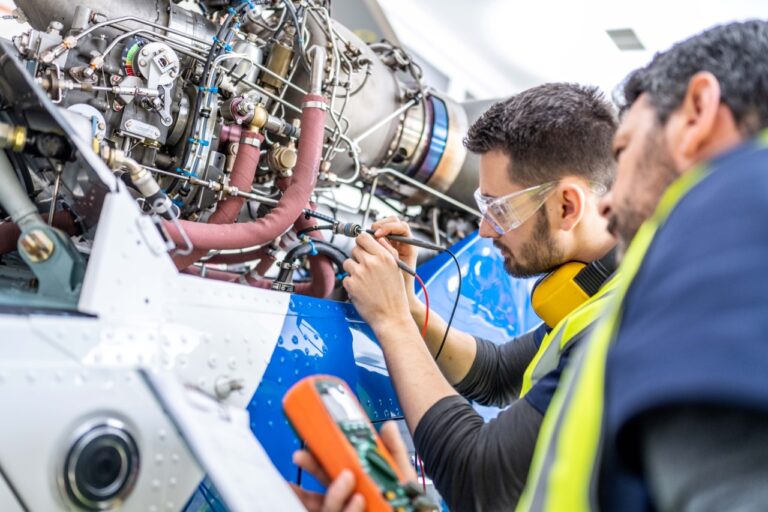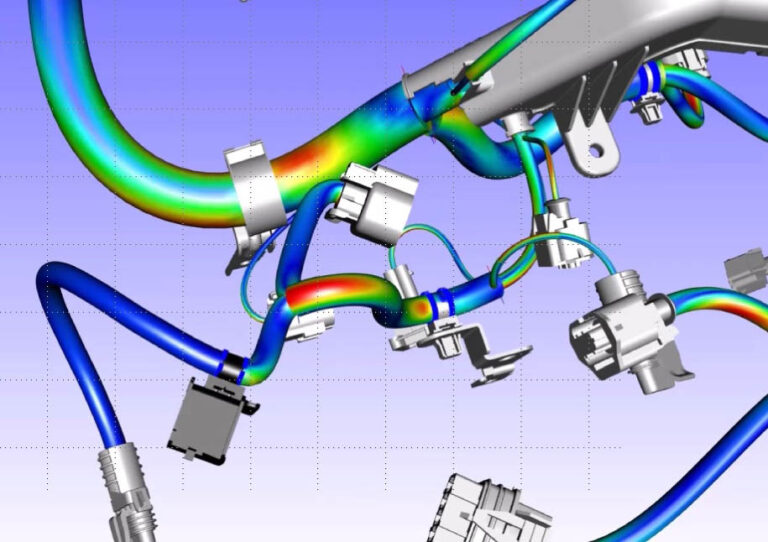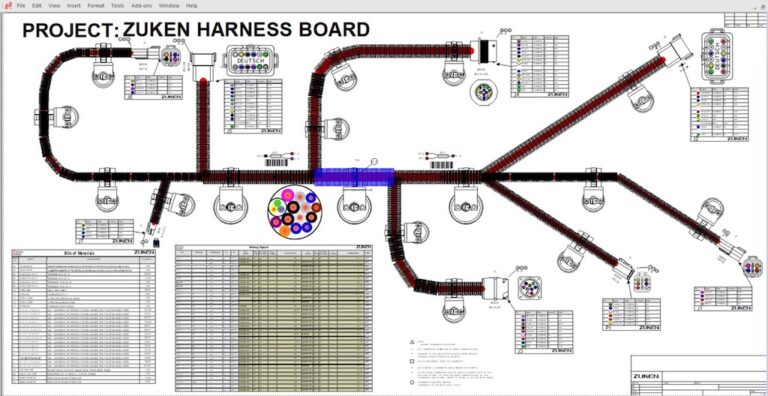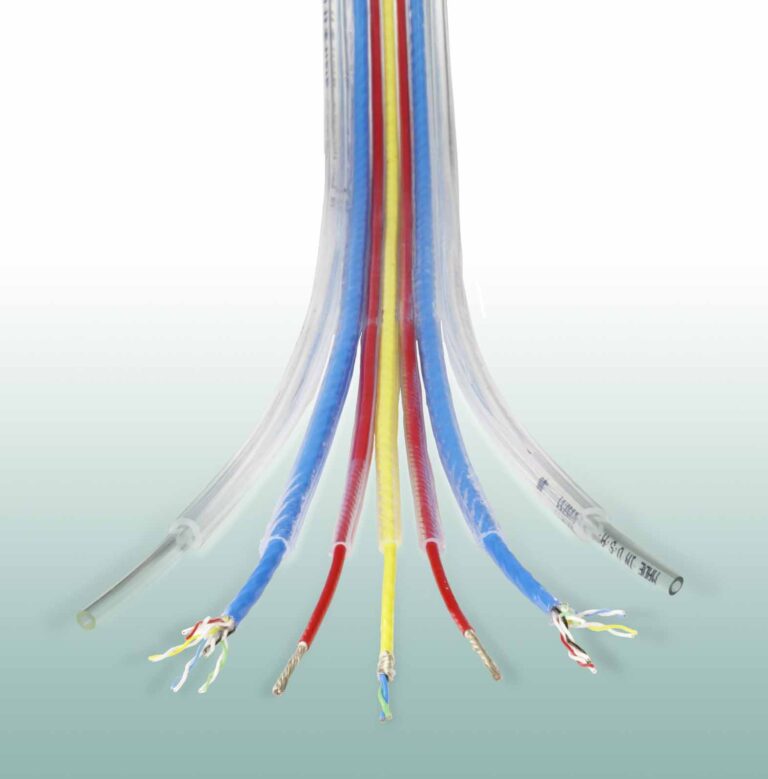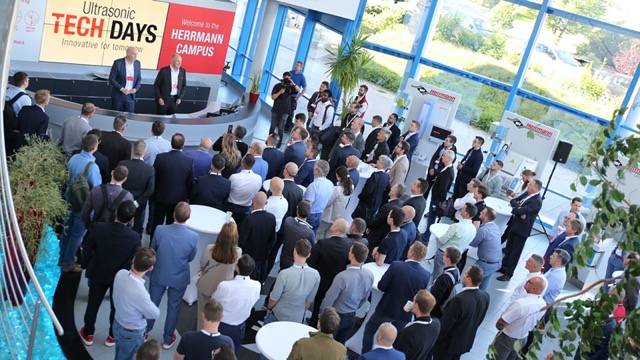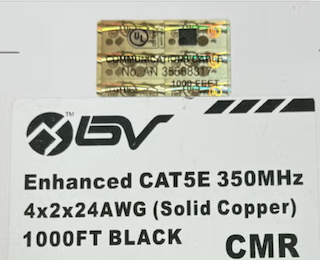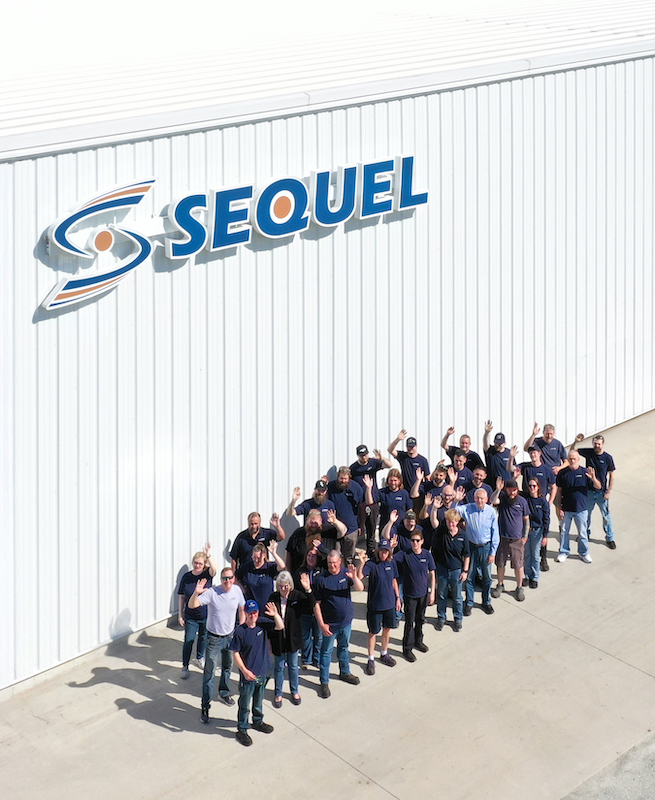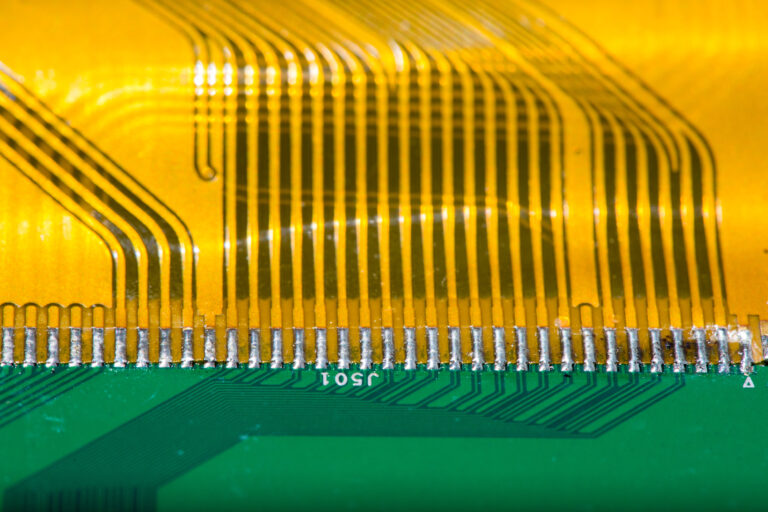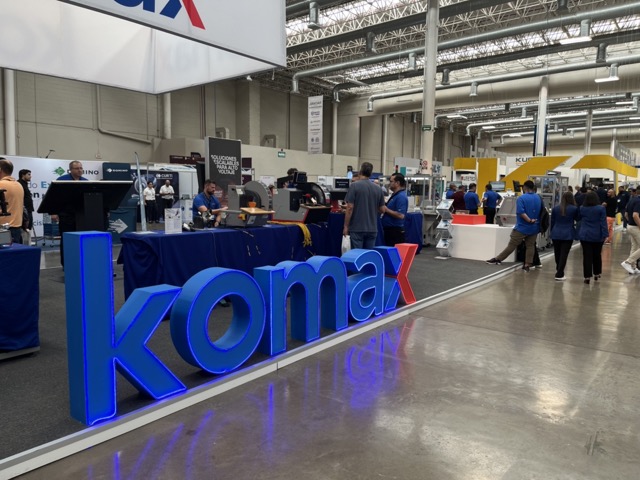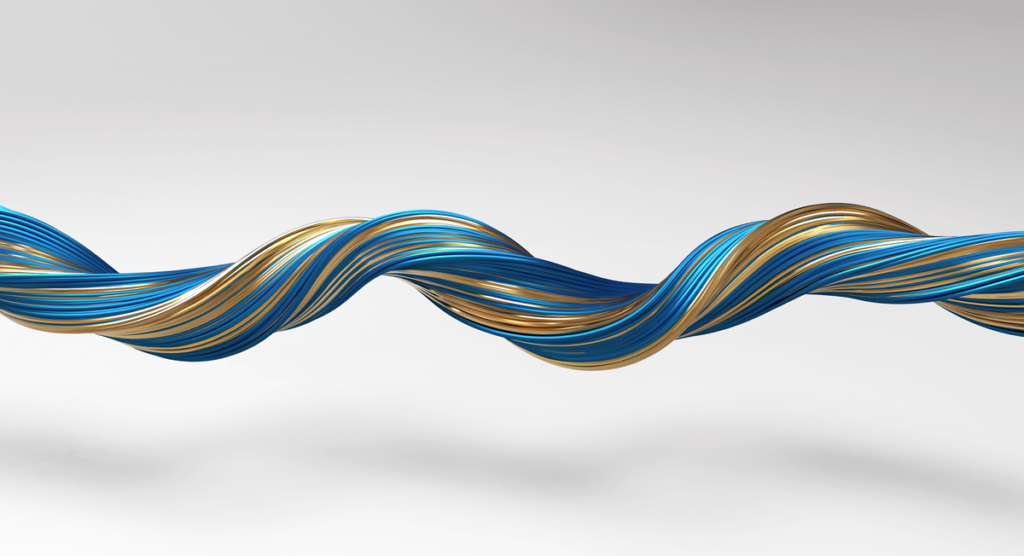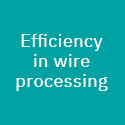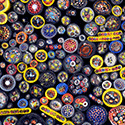(Melissa Feinman)
This edition of the ‘Power Women’ series features Marissa Feinman, a Mechanical Engineer with TE Connectivity. Like the females featured in past editions, Marissa’s story is unique as her path was illuminated by a scholastic program in secondary school. She is a graduate of Lehigh University in Pennsylvania and works in the Harrisburg area. The following paragraphs will provide more background on Marissa’s journey to becoming an engineer with TE Connectivity.
While her parents are professionals, Marissa does not have family members who exposed her to engineering at a young age. However, she defines her grandfather as a ‘tinkerer’– an engineer without a degree. While visiting him as a child, he always had new inventions to share with her. While her grandfather introduced her to some concepts and curiosities, she really learned about engineering during her high school years. Marissa was fortunate to attend a high school in Suffern, NY that offered a four-year engineering program per the “Project Lead the Way” program. In this program, students could choose a freshmen-level writing seminar, or Introduction to Engineering. As a freshman, she chose the latter option since she performed well in science and math though she really was not certain that engineering would be a fit for her. She was one of only 2 females to enlist in a class of about 30 students. In her sophomore year (in which she was the onlyfemale), the engineering program enabled her to 1) focus on particular areas within engineering that were of interest and 2) research colleges that offered programs within those specific areas of engineering. The program also included encouraging the students to speak with engineers in the field to inquire as to of what their day-to-day activities consist. The engineering curriculum during her junior year consisted of digital electronics including circuitry, programming of robots, and coding. In her final year of high school, the students were separated into small groups for a capstone-like project. They were to identify and research a problem, then create a solution and present the entire project to a team of engineers. Marissa highly considers the ‘Project Lead the Way’ program impactful to her professional future.
As she had previously visited an engineering professor at Lehigh as part of the high school program, she decided to attend the university for engineering school. She was interested in the engineering program and also enjoyed the campus atmosphere. At Lehigh, she was again the minority as a female in engineering. However, she did not consider the male to female ratio to be an obstacle as she was already accustomed to being the only female in engineering during her high school years.
Post college, Marissa decided to join TE Connectivity, where she was initially the only female in her group. This past July, she celebrated her fourth anniversary with the company. For the first 2 years, she was in a rotational program in which she was able to work in 4 different groups for about 6 months each. She is now in a group that focuses on machines for wire harness processing. She supports the AMPLIVAR Product Terminator (APT) product line. She enjoys the large moving parts and considers the field to be exciting as there are always new challenges such as incorporation of new technology. She is the first engineering contact with whom customers work, often involved in troubleshooting activities with field service engineers. She is also involved in new designs and machine development.
As a part of the Women in Networking (WIN) employee resource group, Marissa is also responsible for community outreach in North America. In this extra-curricular role, she helps local TE chapters coordinate and attain funding for events focused on corporate responsibility. She was also a part of a team challenged by TE Connectivity’s General Manager, Beth Schroeder, to create a better work environment. The team responded by creating a STEM (Science Technology Engineering Math) group. Every spring, the group puts together various activities geared toward elementary students. The goal is to create fun, relatable exercises while incorporating STEM concepts. This past year, the students worked with the TE STEM Group to design 3D-printed catapult parts, then played ‘Angry Birds’. The students needed to think about which angle(s) to release the contraption in order to knock down the game pigs. The kids were excited and their creative imaginations were sparked at a young age. Marissa is also involved in SWE (Society of Women Engineers) and makes a priority out of talking with the female hire candidates at TE.
Her main message to students in elementary and secondary school is that they do not need to be perfect mathematicians or scientists to pursue a career in engineering. Rather, they should simply have a curious interest in finding solutions. She feels humbled and incredibly fortunate to have attended the high school program offered in Suffern, NY. She knows not everyone has the program or the exposure. If students have any interest whatsoever, she recommends that they speak with many other females in various types of engineering. Ask the engineers about their daily job activities or inquire as to which classes might be of recommendation. Whether via telephone call, email, or other method—reach out and learn about the opportunities that exist in engineering prior to discarding the career option.
Thank you, Marissa, for being a role model to other females in technology and for taking the time to share your story.
Melissa Femia


